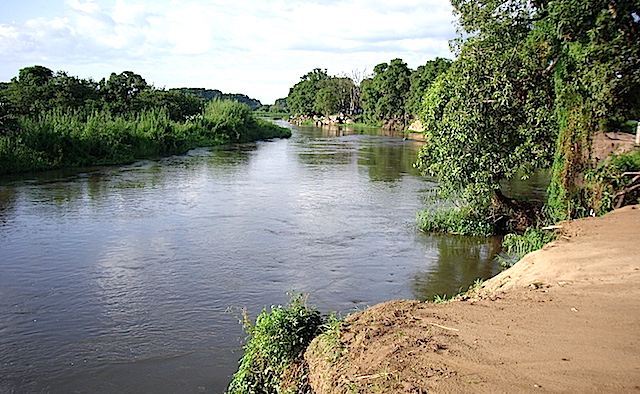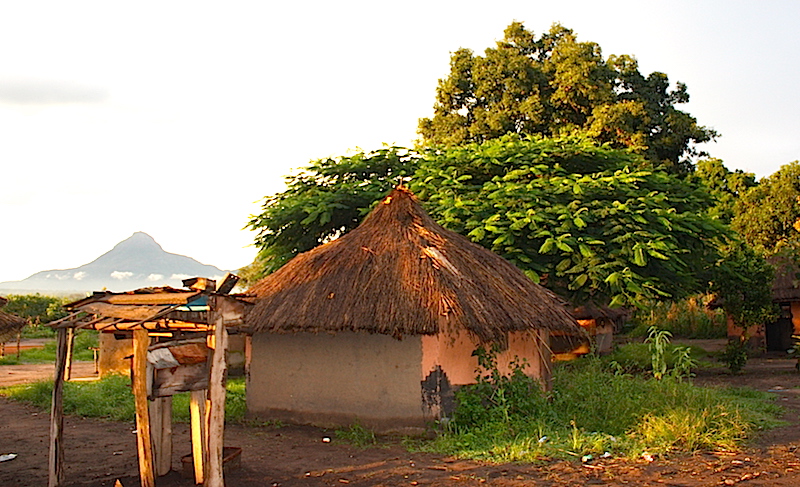Categories
Images of South Sudan
A resilient community
Prior to my first visit to South Sudan in 2008, the perceptions I had formed were based primarily on what I had seen on the news and the stories told by my South Sudanese friends. I pictured a land devastated by war, disease, famine and poverty.
It goes without saying that this is a land that has seen too much suffering, but what struck me immediately was the vibrancy of the community, the generous hospitality, the sounds of laughter and singing, vibrant colours and the chatter of diverse languages. This is a land of numerous cultures, and tribal traditions passed down through the centuries.
Within days I was adopted as one of the community, provided a home, offered a wife and given a new name. It is humbling to be offered so much from people who have struggled to survive.
The White Nile, Juba.
Juba’s primary water supply snakes its way to Khartoum, splitting and spreading over the low flats to create one of the world’s largest freshwater wetlands. The floating masses of vegetation that frequently block river traffic are called “sudd” from which the Sudan derives its name.
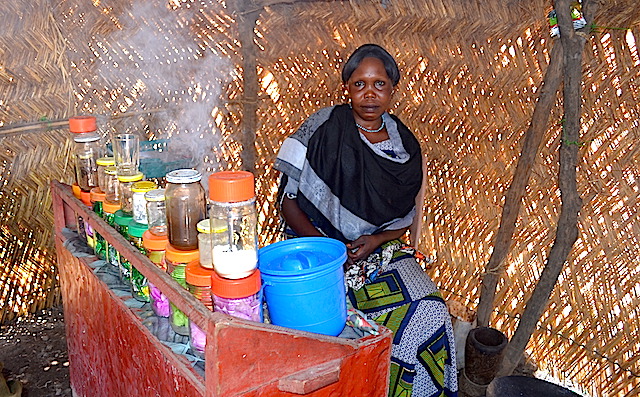
Afternoon Tea, Aweil
A typical café in the central Aweil market offers a selection of tea, coffee and herbal drinks.
Paradise, Lainya County
With spectacular scenery and abundant supplies of tropical fruits there seems no reason for suffering in this tranquil village. Yet just a few years ago this was the front line of battle, forcing the community to take refuge in the mountains behind.
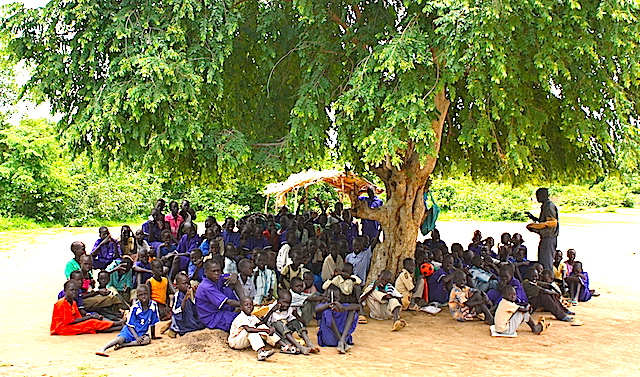
School Time
Slowly school buildings made of brick and iron are springing up across South Sudan to replace the most common and simple of classrooms – a large, shady tree. For these primary school children that is still a dream.
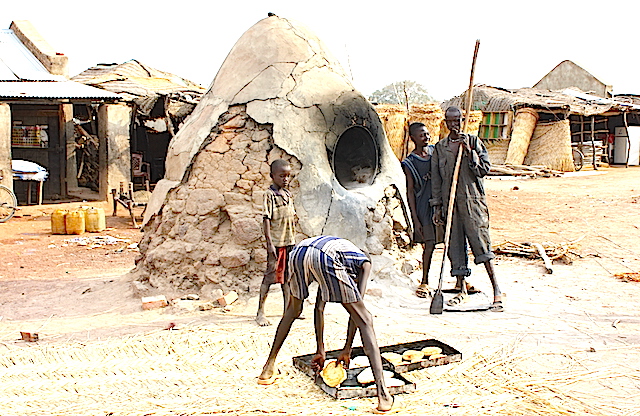
Making Bread, Marialbai
Freshly baked bread rolls, straight from the oven in the main street markets, make an irresistible breakfast in any corner of the world.
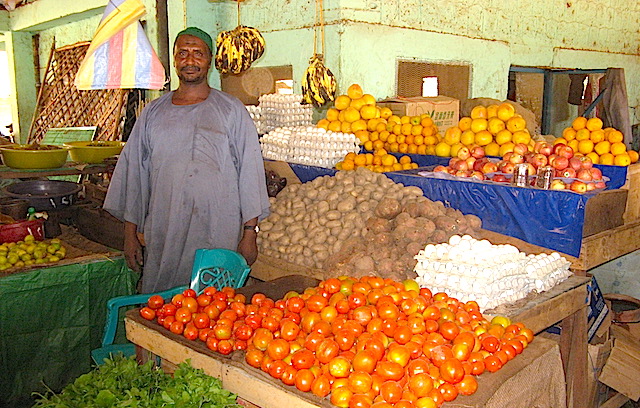
Markets, Aweil.
Traditional staples are supplemented by imported goods, brought in either from Darfur in the north, or Uganda in the south – depending on factors such as which borders are open, the condition of roads and the value of the South Sudanese pound.
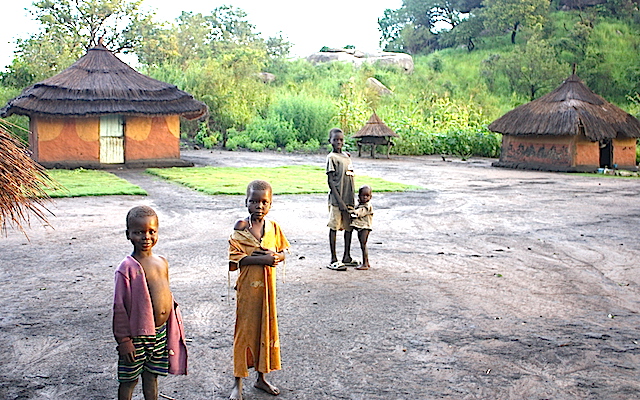
Better Homes and Gardens, Lainya County
Neatly manicured front yard, and decorated living rooms are proudly maintained despite the barest of resources.
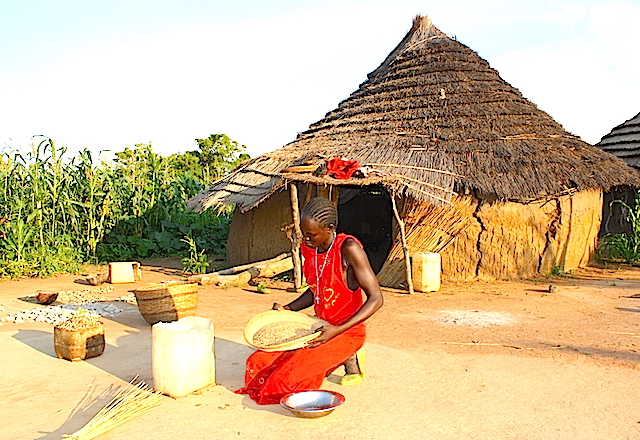
The First Harvest, Aweil East
“The gap” is an annual period of hunger, generally lasting a few months, from the time last year’s grain has been consumed until the new harvest begins. Here an early crop of sorghum is winnowed in preparation for dinner or storage.

